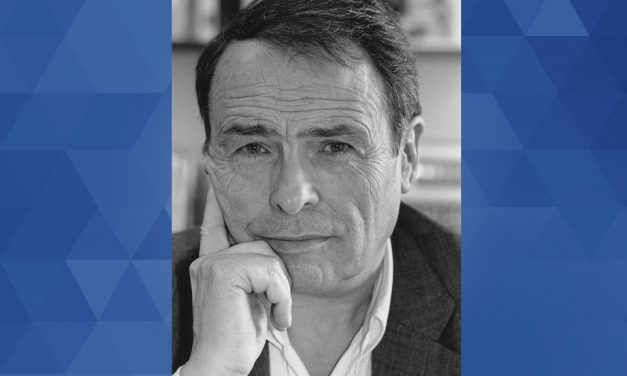
But this practice is dangerous, as these indicators become the focus of the analysis even as the policies aim to improve the indicators, which tends to cause them to lose their significance.īelow we reproduce some snippets from his articles, as an invitation to read them in their entirety. Policies define indicators that statisticians are supposed to measure, and then set targets for these indicators.

He questioned the policy on indicators implemented by the Open Method of Coordination (OMC) and France’s organic law on budget bills (LOLF).

But is it a neutral scientific discipline, or does it express the vision that society has of itself at a given point, especially since it must rely on administrative sources that are themselves not neutral? Should it base itself on people’s everyday experience, or, on the contrary, challenge this in the name of science?Ĭan we account for different societies using the same categories? Alain has devoted great attention to the statistical harmonization that the European Union implies, with its risk of negating differences between societies. Are statistics in the service of democracy, helping society to better understand itself, or of the State, helping it to better achieve its goals? And this State, which organizes and finances the statistical system, itself has two faces: the welfare state, an instrument of resistance to market forces, as well as a State in the service of a social formation shaped by capitalism. And so, for instance, he raised questions about “the quality of quantity”.Īlain passionately lived and studied the contradictions of statistics, a tool for knowledge and a tool for governing. Statistics cannot be separated from its use, and it evolves with changes in public policy. “The ways of thinking society, managing it and quantifying it are inseparable”, he declared. They highlight the links between statistical standards and the production of statistics, between the history of economic policy and statistical methods and categories, in the face of the trend to “naturalize” them.

His articles discuss their scientific and social foundations.

He was the troubled conscience of official statistics in France.Īlain’s many books and articles traced the birth and growth of statistics. An administrator at the INSEE, he had been editor of the journal Économie et statistique, then head of the Department of social studies, before working on the comparative analysis of Europe’s statistical systems. By Françoise Milewski and Henri SterdyniakĪlain Desrosières has passed away, at the age of 72.


 0 kommentar(er)
0 kommentar(er)
